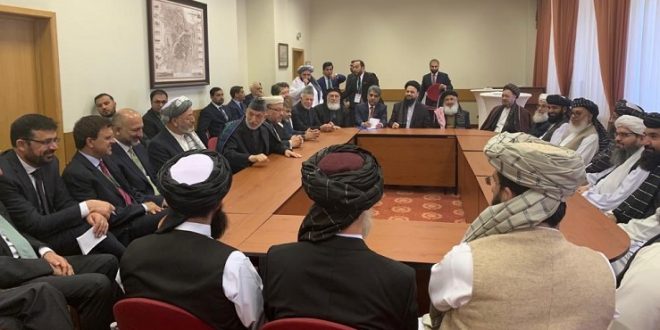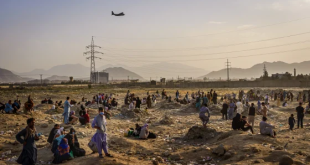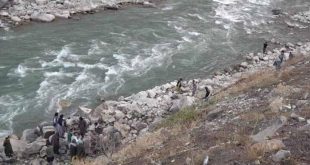The US-Taliban talks officially came to a halt in early September when the US President Donald Trump stunned the world when he suddenly declared the Afghan negotiations with the Taliban “dead”. Since the peace talks arrived at a stop, the preparations for the presidential election had been at full throttle by the government and the democratic exercise was finally conducted on September 28 – albeit with Taliban security threats. However, the Taliban group leaders – after having gained the official status – have since kept themselves busy in making political forays to neighboring countries such as Russia, Iran and China and finally arrived in Pakistan last Wednesday. According to reports, the US special envoy for Afghan reconciliation Zalmay Khalilzad – who happens to be in Islamabad as well – has met with the Taliban delegation led by Mullah Baradar for what is said to rebuild confidence. It is said that Pakistan has seemingly played a key role in convincing the sides to meet – which isn’t an official resumption of the talks – however, the dynamics of what’s in play should be heeded and what the country wants to achieve by acting as such?
Undoubtedly, Pakistan can play a decisive role in reviving the peace talks – which takes a sincere bid – between the US and Taliban because it is a breeding ground for terrorists, especially the Taliban. The country has seemingly started playing that role because the converging paths of Khalilzad and Taliban delegates highlights it. While in Islamabad, the Taliban delegation has reportedly met with Pakistani Premier Imran Khan to discuss the stalled peace process in Afghanistan. Reports revealed that Imran Khan has assured that Islamabad would continue its efforts for peace in Afghanistan but these remarks should be translated into action. Although we see changes in Pakistan policy – for the sake of its own socio-economic development and progress – against Afghanistan, there is a need for honest cooperation from the country in practice as well if there is to be a sustainable peace in Afghanistan. The world knows that Pakistan is the hotbed for terrorists and the Taliban and if it doesn’t dismantle their safe havens on its soil then how can it play a positive role in Afghan peace other than giving the Taliban such a mandate and orders which see the country’s interests intact. The hypocrisy games should be brought to a halt.
While the existing regional and international consensus for achieving peace in Afghanistan has provided an unprecedented opportunity, the key point to keep into account at this hour is that the US should approach it with a new mechanism this time and include regional countries such as India, Russia and Iran in this process and most importantly the prospective new Afghan government. The issue of a ceasefire should again top the list in the negotiating points. Meanwhile, the Taliban as a party to the negotiations shouldn’t act on foreigners’ behest but be independent. It is most probable that they would adopt a stance that is approved by Pakistan in their talks with the US, as well as the Taliban. If this is the case, they would be in fact serving Pakistan’s interests and not Afghanistan’s.
 Afghanistan Times
Afghanistan Times




